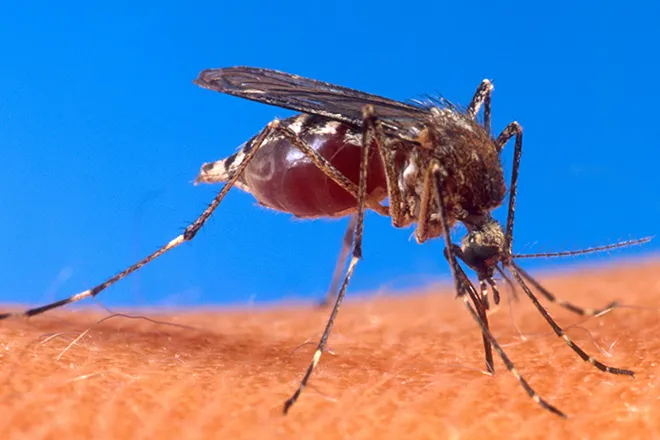
November spotlights benefits of hospice and palliative care
(Colorado News Connection) November is National Hospice and Palliative Care Month, and advocates hope all Coloradans will consider these under-utilized health-care services for themselves and family members.
Katie Sue Van Valkenburg, medical social worker for Namaste Home Health, said everyone will go through an end-of-life journey, and hospice care, which is available to anyone facing a prognosis of six months or less to live, can help families and friends make the most of their remaining time together.
"And just like we celebrate babies being born, I want to make sure that we are celebrating people as they leave this life," Van Valkenburg urged. "Because hospice is covered by insurance, why not utilize it, so you can have a much more enjoyable and comfortable end-of-life experience, both for you and your family?"
Palliative care focuses on improving the quality of a patient's life, as opposed to curing a specific illness. Hospice teams provide medical care and pain management and give family caregivers a break by helping with showering and other daily activities. They help navigate Medicare and Medicaid paperwork, and offer emotional and spiritual support, including 13 months of bereavement services for family members and friends.
Matt Whitaker, national director of integrated programs for Compassion and Choices, noted most people access hospice through a doctor's referral, and added you can also find options online.
One common misunderstanding about palliative care is patients are giving up so-called battles with their illness.
Whitaker pointed out many patients continue chemotherapy and other regimens as they struggle with powerful diseases.
"And what we have to do is support people as they make the decision to move from focusing on cure to focusing on care," Whitaker contended. "Making sure that they are able to spend the days that they have left doing what gives them the most meaning possible."
Van Valkenburg emphasized she hopes Namaste's new operation in Grand County will help more patients stay in their homes. Before Nameste arrived, palliative care had not been available in the area for eight months, which is not uncommon in many rural communities.
"But most of the time if they require a nursing home or a secure unit because of advanced dementia, they were being shipped down to Denver," Van Valkenburg explained. "Which means they are no longer close to family, which can definitely cause a lot of emotional stress and trauma for everyone involved."















